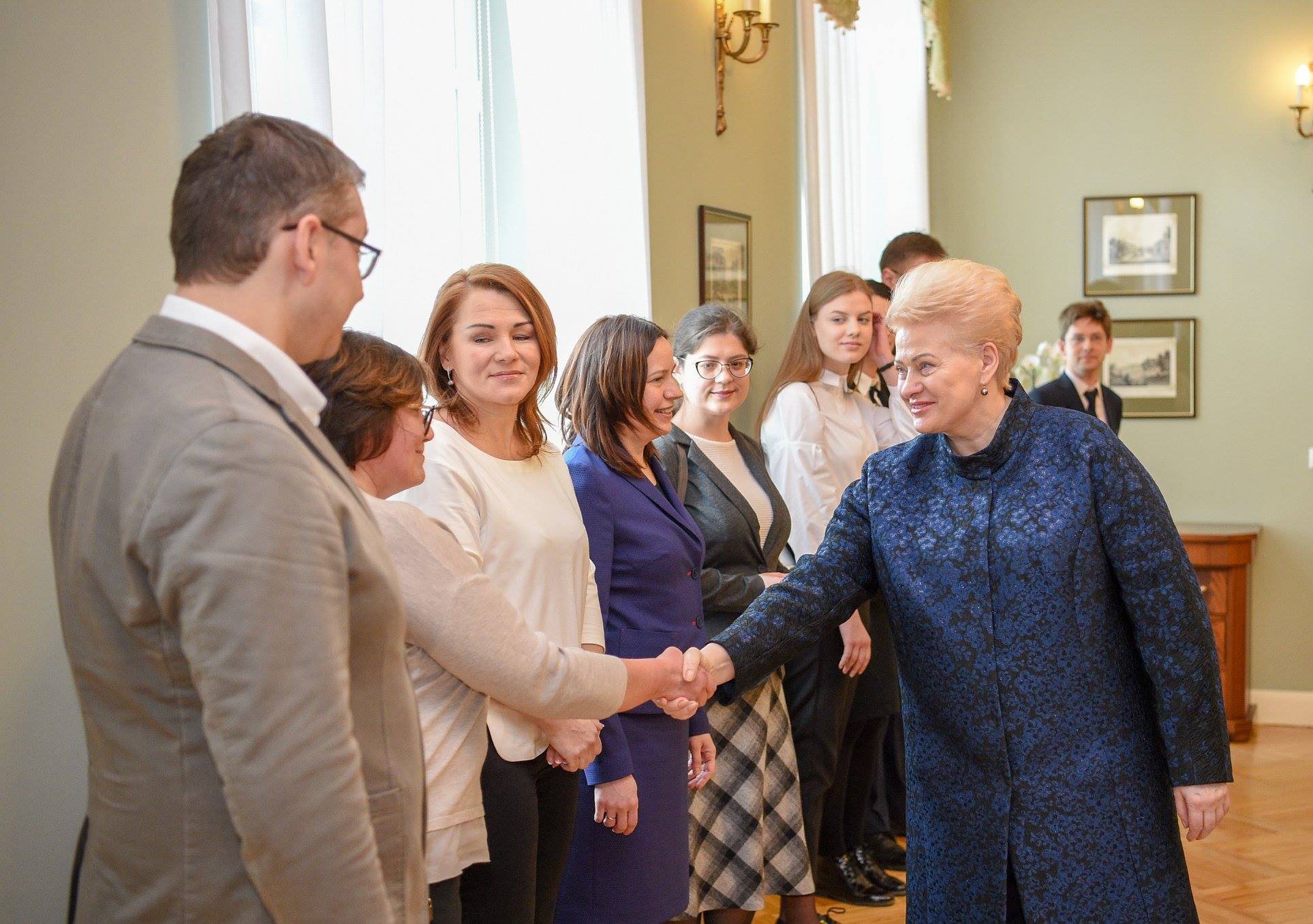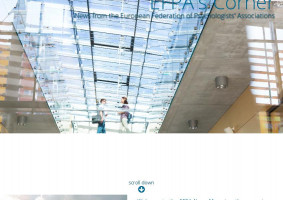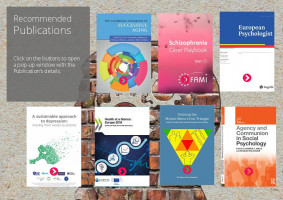Finland
An initiative in Helsinki: Psychologists to health centres

Helsinki, April 11, 2019. The Helsinki City Council launched an initiative to strengthen multi-professional work in mental health care by bringing psychologists to health centres.
The initiative was taken by delegate Reetta Vanhanen and signed by a number of other delegates.
The initiative aims to improve the expertise in mental health services and to increase access to low-threshold psychosocial treatments in primary health care.
Vera Gergov , Chief for Professional Affairs from the Finnish Psychological Association, says that the direction of the initiative is highly welcomed.
'This is an excellent opening. It is a remarkable message from the delegates that investing in preventive and early-stage mental health services is considered important and that the lack of psychologists expertise in these services has drawn attention in Helsinki.'
According to Gergov, the issue must also be considered at national level, as there are significant differences in the availability of psychological services in primary health care in different municipalities.
Written by Palaa Otsikoihin
Belgium
Belgian Universities and professional associations agree on definition and competencies of Work & Organizational psychologists.
Work domain and competency profile of Work & Organizational psychologists in Belgium
Brussels, March 31, 2019
The report presents the results of a project that was launched in October 2017 regarding the delimitation of the professional work domain and the competencies of work and organizational (WO) psychologists in Belgium.
A taskforce was composed of volunteer representatives delegated by the seven Belgian universities (UCLouvain, ULB, ULiège, UMons, KULeuven, UGent and VUB) that offer a WO psychology programme, together with representatives of the French and Dutch speaking professional associations of WO psychologists in Belgium (APTO and VOCAP), both being part of the Belgian Federation of Psychologists.
text: Prof. Roland Pepermans - Coordinator of Task Force
VUB – Vrije Universiteit Brussel
Read report on the EFPA website
(Available in Dutch, French and English)
Germany
German psychologists do not agree with the draft of law reforming psychotherapy training

On April 8, 2019, the BDP issued a statement to the German health and science ministries at federal and state level to the draft of law reforming psychotherapeutic training (Psychotherapists Act - PsychThG).
The BDP does not agree with the draft law in the present form and sees considerable need for improvement in fundamental areas of the regulations. ‘For many years it is known that there are two predominant reasons for amendment, but precisely these two reasons are not even addressed in transitional phase in this law, it therefore forces us to put forward these two points of criticism: ·
- For 20 years psychologists in psychotherapy training (so called PiA – Psychologen in Ausbildung) have been in a precarious position during the year of practical work and are not paid or low paid. The new law does not change that. ·
- Aspiring students, students, graduates, authorities, relatives, universities, training institutes are uncertain about the different interpretation of the requirements and prerequisites at the beginning of their training.
It is unacceptable that this law will only propose regulations for the future, while the well-known problems will persist for the (aspiring) psychologists as well as for the psychotherapists for years to come.
The BDP statement (in German) can be downloaded here
Read EFPA statement on psychologists practicing psychotherapy 2017 here
Lithuania
Meeting of the President of Lithuania with psychologists, NGO representatives and experts

Monday, March 25, Vilnius. At a meeting with psychologists, representatives of non-governmental organizations and experts, President Dalia Grybauskaitė discussed the results of the fight against violence and bullying, the most tried and tested tools and the outstanding issues that still need attention.
According to the head of the country, humiliating behavior and bullying are not only a problem for schools, but also for society as a whole. Although the situation will change over the next few years, but the growing number of initiatives to combat bullying, improving statistics is proof that people are beginning to recognize bullying and that the breakthrough in this area is already happening.
Last year, according to a World Health Organization survey, the level of bullying experienced in Lithuania over the past few years has now declined (from 29 to 27.8 percent). Although the number of children suffering from emotional violence has decreased, the extent of bullying in the country remains high (every fourth child is affected).
Portugal
Risks of the activity of psychotherapy for public health when done by unqualified professionals
Guidelines for professional practice in the field of palliative care
Risks of the activity of psychotherapy for public health when done by unqualified professionals
The Portuguese Psychologists Association and the Portuguese Medical Association underlined their opposition against the profession of psychotherapist, following a request for analysis from the Portuguese Ministry of Health. According to the joint document, the position of both Professional associations, which represent the vast majority of active psychotherapists, coincides on the basis of scientific evidence and the safeguarding and protection of public health and the interests of citizens seeking services of psychotherapists.
In this context, it should be emphasized that "psychotherapy corresponds to a set of techniques and procedures and cannot be understood as a profession, but rather as a method of intervention used by different professions / professionals". "The profession of psychotherapist should be re-focused on the clinical activity (of doctors and psychologists, with possible extension to professionals who collaborate with them), with the normative, ethical and scientific control of the respective Professional Orders," highlighted the shared document. Psychotherapeutic practices that are abusive, inadequate, and lacking proper training and regulation, pose risks to the clients’ mental health. These risks are not protected by the economic facilitation and mercantilization of access through the creation of the psychotherapist's profession / economic activity".
It should also be noted that, in Portugal, psychologists are the only professional class with a specific specialty in the area of psychotherapy, with more than 1,300 specialists, and maintains protocol with most of the psychotherapy associations and societies that train these professionals. In this context, it is important to point out that there was a need to standardize the training criteria, in order to guarantee a minimum of 400 hours of clinical theoretical training, 150 hours of supervising cases of psychotherapy and 100 hours of psychotherapy or personal development. Therefore, it was necessary to establish protocols with the Associations and Societies that meet these minimum criteria. At the moment, 22 of them offer trainings that allow the access to the advanced specialty of Psychotherapy.
Guidelines for Professional Practice in the Field of Palliative Care
To complement the existing organisational structures of the profession, namely the Portuguese Law and the psychologists Code of Conduct, the Portuguese Psychologists' Association (OPP) considers important to analyze some more specific aspects of the work of psychologists in the field of palliative care, who deserve further clarification. The aim is to promote the adoption of good practices that reach a consensus within the psychologists community, and to support psychologists that works with patients (and relatives) in palliative care and related areas. It’s in that context that emerged the formulation of the Guidelines for Professional Practice in the Field of Palliative Care, based on the aspirational dimension of the Code of Conduct, as well as the precepts of our Founding Law, without serving as a regulatory document, but rather as an orientation for the psychologists in the resolution of ethical and professional dilemmas.

United Kingdom
BPS launches membership survey (for members only)

Chief executive Sarb Bajwa said:
The more members that respond to the survey, the more successful it will be, so it would be great if as many members as possible give us their views. If we are to become a society that’s led by its members, the first step in achieving our goal is to have a detailed evidence base to help us to influence government policy and improve the support we offer.
The survey, which will run from 29 April to 27 May, will cover key themes including management and leadership, workload, diversity, equality and inclusion. It will ask about members’ career journeys and workplace wellbeing. There will be questions on broad issues that affect all psychologists but also a chance to let us know about specific issues.















